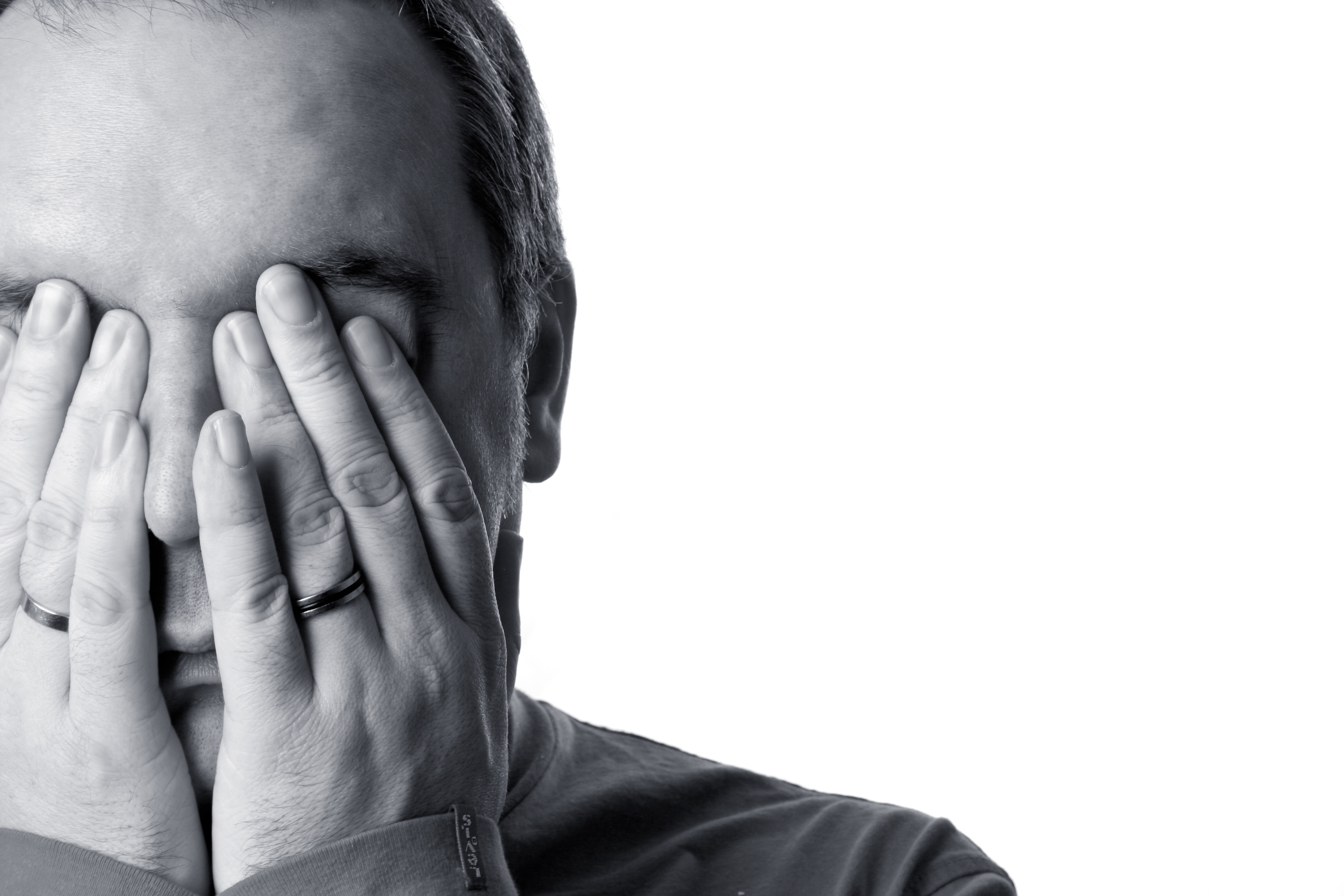
FRIDAY, June 26, 2015 (HealthDay News) — Psychotherapy can help some people avoid the disruptive behaviors linked to obsessive-compulsive disorder (OCD), and a new study suggests that brain scans can help spot those patients for whom the therapy will be most effective.
The treatment is called cognitive behavioral therapy (CBT). It works by placing patients in controlled situations where they are exposed to anxiety-causing stimuli, so that they gradually learn to deal better with these situations.
“Cognitive behavioral therapy is in many cases very effective, at least in the short term,” said Dr. Jamie Feusner, an associate professor of psychiatry at University of California, Los Angeles, and director of the Semel Institute’s Adult OCD Program.
However, the treatment is “costly, time-consuming, difficult for patients and, in many areas, not available,” Feusner noted in a UCLA news release. So, “if someone will end up having their symptoms return [after treatment], it would be useful to know before they get treatment,” he reasoned.
His team wondered if certain patterns on brain scans might point to those patients who have the most to gain from CBT.
The notion has some merit, said one expert, especially since more reliable treatment is needed for people suffering from OCD.
“OCD is an illness in which patients experience obsessions and then act on them by performing compulsions,” explained Dr. Alan Manevitz, a clinical psychiatrist at Lenox Hill Hospital in New York City.
Even though “the patient realizes that these obsessions and compulsions are unwanted, unreasonable and excessive, he or she cannot stop listening to the thoughts and acting on them,” he said.
According to Manevitz, one in every 40 Americans (2.5 percent) has clinical OCD, with symptoms bad enough to interfere with daily living, and another 10 percent have a lower-level form of the illness, where thoughts intrude but do not reach such a disruptive state.
“The past few decades, however, have seen the emergence of many effective treatments, both pharmacological and psychotherapeutic,” including CBT, Manevitz said.
But who will gain the most from the psychotherapy? Feusner’s team noted that although CBT may be very effective initially, not all patients see long-term benefits, and about 20 percent of patients suffer a relapse of their OCD symptoms.
In the UCLA study, brain scans known as fMRIs were used to study the brains of 17 people with OCD who ranged in age from 21 to 50.
The scans — which measure brain activity in real time — were performed before and after the patients completed intensive CBT.
The patients’ symptoms were also monitored for one year.
According to Feusner, people with more efficient brain network “connectivity,” as gauged by the brain scans, actually had worse long-term outcomes following CBT treatment.
The team also found that the intensity of OCD symptoms prior to treatment, or the patient’s initial level of response to the therapy, was not a good predictor of long-term success.
Having a better understanding of which patients will not respond well to specific therapy long-term could help doctors develop a more effective treatment strategy.
The researchers were quick to point out that the study does not suggest that some patients with OCD are “beyond help” when it comes to psychotherapy. Instead, they believe that these patients may simply need longer CBT than the four weeks used in the study, or that they may be helped by medications as well.
“We are now starting to translate knowledge of the brain into useful information that in the future could be used by doctors and patients to make clinical decisions,” Feusner said. “Although a brain scan may seem expensive, these scans only took about 15 minutes and thus the cost is not exceptionally high, particularly in comparison to medication or cognitive behavioral therapy treatments, which over time can cost many thousands of dollars.”
However, Manevitz did have some reservations about the findings.
“The results are intriguing but this study has a very small sample size: 17 subjects,” he said. Plus, those subjects appeared to be especially willing to undertake the rigors of CBT — something not every person with OCD might be amenable to, he said.
All of that “makes it harder to generalize [the findings] to the overall OCD population,” Manevitz said. He also believes that while brain network “connectivity” may play a role in the effectiveness of psychotherapy for OCD, that remains only a theory.
The bottom line, according to Manevitz: “It is important to follow up this study with a larger group of participants.”
Dr. Emily Stern is assistant professor of psychiatry and neuroscience at the Mount Sinai School of Medicine in New York City. She said that brain scans may have potential “to predict which patients will relapse has the potential to identify those patients who may need further treatment or greater monitoring.”
If the findings pan out, “brain network organization may provide a window into patient functioning that cannot be assessed through symptom measures alone,” Stern said.
The study was funded by the U.S. National Institute of Mental Health and published recently in the journal Frontiers in Psychiatry.
More information
The U.S. National Institute of Mental Health provides more information on OCD.
Copyright © 2026 HealthDay. All rights reserved.

